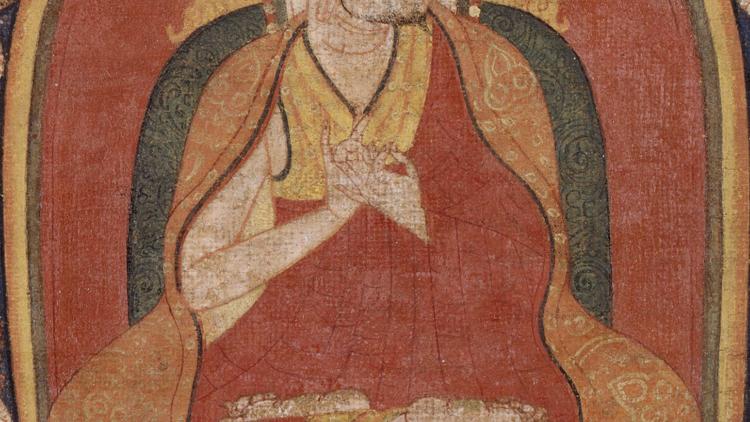How Fangyan became Dialects: A history of language and nationalism in China

Key information
- Date
- Time
-
5:00 pm to 6:30 pm
- Venue
- Virtual Event
About this event
Gina Anne Tam (Trinity University - San Antonio, Texas)
Abstract
What does it mean to speak the Chinese language? The most common answer to this question would be Mandarin, the national language of the People’s Republic of China. Yet within China, the languages spoken on the streets of China's cities and towns are often not its national language, Mandarin, but rather one of the country's many fangyan, local languages such as Shanghainese or Cantonese or dozens of others. Fangyan are rarely thought of as distinct languages in their own right; instead, they are most often termed "dialects" of Chinese, despite the fact that many are linguistically quite distinct from one another and Mandarin. The purpose of this talk is to explore why fangyan, many as dissimilar to Mandarin as Portuguese is to French, are so often treated as dialects in public policy, academia, and popular discourse. From missionaries and revolutionaries to bureaucrats and academics, this talk will highlight those who helped solidify and normalize the categorization of fangyan as dialect from the late Qing through the present day, and explore how their translation has shaped and has been shaped by Chinese nationalism.
Event Recording
Loading the player...How Fangyan became Dialects: A history of language and nationalism in China
About the speaker
Gina Anne Tam is an assistant professor of Chinese history at Trinity University in San Antonio, Texas. Having received her Ph.D. from Stanford University in 2016, and her research and teaching focuses on the construction of collective identity-- national belonging, ethnicity and race-- in modern China. In addition to her book Dialect and Nationalism in China, 1860-1960 , she has also published peer-reviewed work in Twentieth-Century China , and has written about the relevance of her work to current events in Foreign Affairs , The Nation , and Dissent . Her new project will be a global history of Chinese restauranteurs and the making of pan-Asian cuisine in the twentieth century.
Registration
This webinar will take place online via Zoom. Click here to register .
Chair: Lars Laamann (SOAS) and Andrea Janku (SOAS)
Contact email: sci@soas.ac.uk / aj7@soas.ac.uk
Organiser: SOAS China Institute and the Department of History, SOAS
